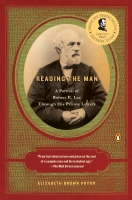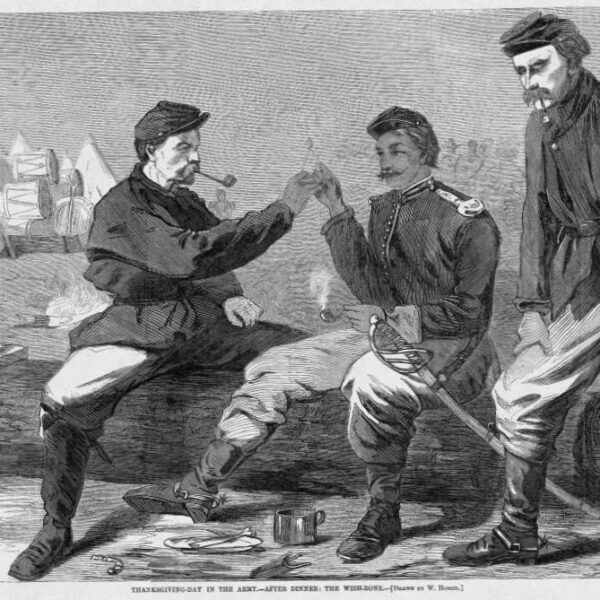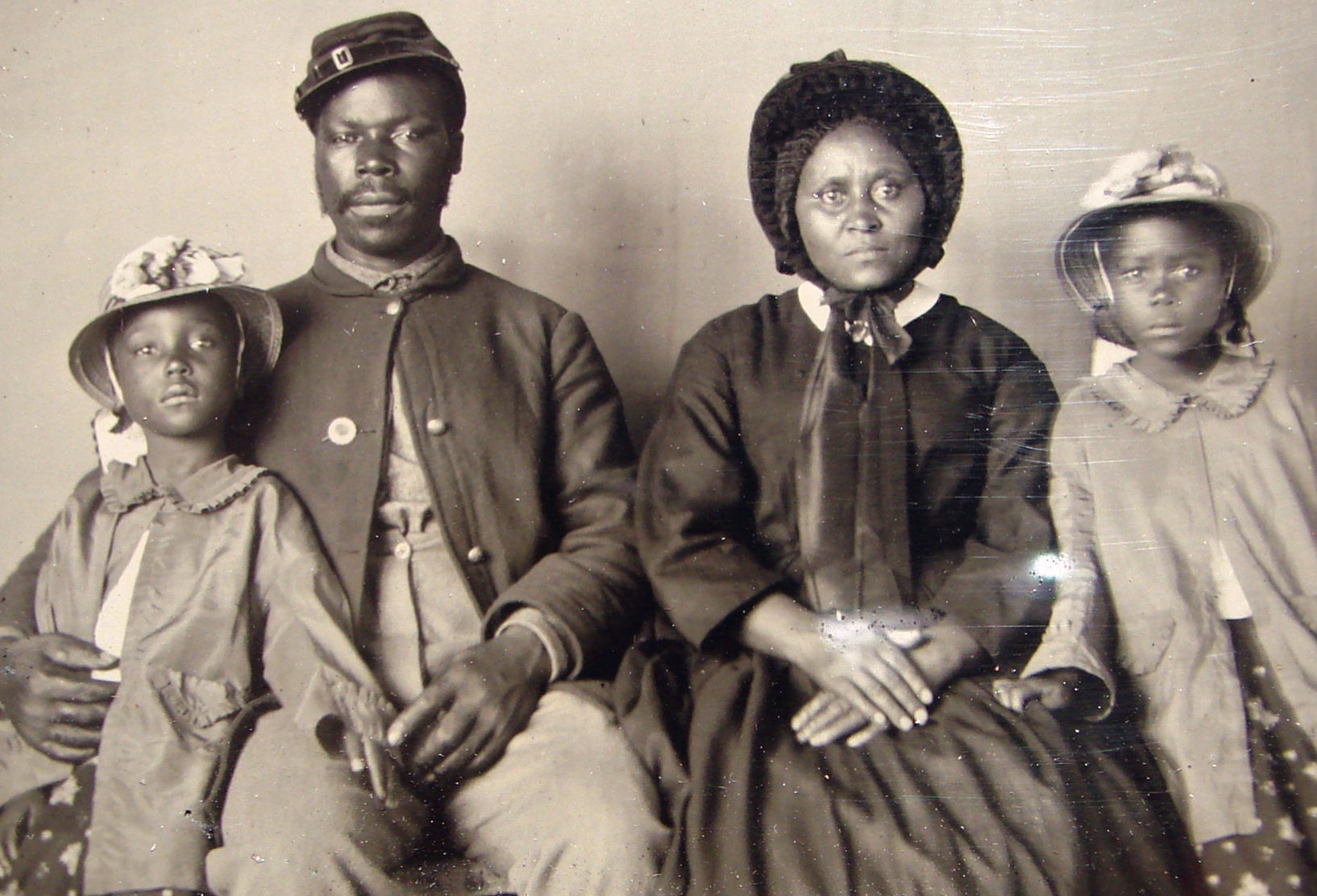
This image of an unidentified African-American soldier, his wife, and their two daughters was made between 1863 and 1865.
In the midst of current events, people are asking important questions about the history of systemic racism in American society. People are turning to scholars for suggestions of relevant books that inform, challenge, and possibly restructure readers’ notions about racial injustice. More than ever, the Civil War and Reconstruction are garnering the attention of diverse audiences seeking to learn why these and other historical eras still matter. Requests often ask for the “definitive” book list on a particular subject, putting unintended pressure on the recommender to provide a succinct catalog. Truthfully, no such list can be perfect. With this caveat, I offer some suggestions.
Life for 19th-century African Americans was highly complex. African-American scholarship, past and present, reflects the diversity of lives that helped shape—both indirectly and directly—nearly every aspect of American society. In the decades immediately after war’s end, African-American historians (such as William Wells Brown and Joseph T. Wilson) focused their attention on examinations of African-American Civil War military service. These academics were fighting for inclusion just when many Americans were ignoring their historiographical contributions—which, in some cases, continues today. Newer, innovative research by scholars such as Caroline Wood Newhall and Le’Trice Donaldson collectively restores marginalized people to historical conversations, thus keeping alive the battle historians started over 100 years ago. Newhall and Donaldson’s work also demands that people refocus the discussion on the complicated meaning(s) of African-American military service. The field is deep and evolving, with every new concept demonstrating what more there is to learn.
A prime example has come from pushing the boundaries of Civil War scholarship to recognize African-American families’ public and personal lives, especially those connected to United States Colored Troops (USCT) regiments. Historians have previously focused on the USCT soldiering experience to investigate the men’s lives, both in and outside of military service. In doing so, many books either relegate the soldiers’ kin to the periphery or exclude them altogether. African-American families, in the face of discrimination and terror, battled for survival. Regardless of their economic standing or place of residence, freed and freeborn African Americans came to see that their households’ stability, and frequently their lives, were under constant threat from whites. And yet these families persevered and remained resolute in their pursuit of equality. The following texts help to inform the present moment by showing how African Americans have long navigated the informal and formal structures of racism in their battle for civil rights and social justice.
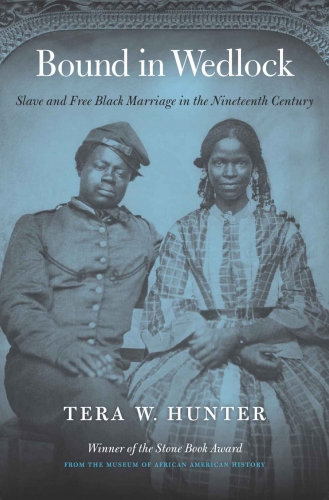
BOUND IN WEDLOCK: SLAVE AND FREE BLACK MARRIAGES IN THE NINETEENTH CENTURY
(Belknap Press, 2017)
By Tera W. Hunter
In Bound in Wedlock: Slave and Free Black Marriages in the Nineteenth Century, Tera W. Hunter examines the personal, intimate, but rarely private lives of African Americans. Hunter details how the politics of marriage intersected with gender and racial ideologies, slavery, and oversight from both the state and the federal government. Hunter persuasively argues that even though the structures of slavery delegitimized their marriages, the couples and their communities interpreted their bonds differently and authentically. The chaos of the Civil War and its aftermath allowed freed people to legalize their unions by getting a marriage contract, which various federal government representatives stressed as an act to “Christianize” and “civilize” formerly enslaved people. By focusing on marriage certificates, Hunter argues that these were legal documents between a couple and the state. And in many cases, African Americans felt pressure to legalize their unions to attain benefits, such as, for instance, a Civil War pension for the widow of a USCT veteran. Not doing so could jeopardize someone’s household finances for generations.
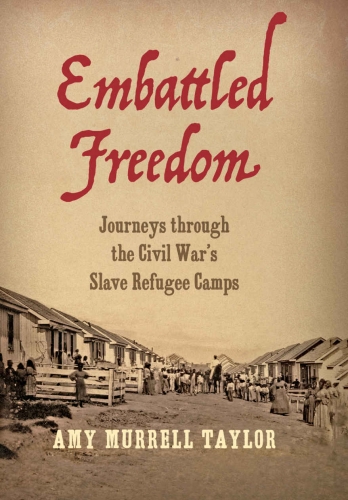
EMBATTLED FREEDOM: JOURNEYS THROUGH THE CIVIL WAR’S SLAVE REFUGEE CAMPS
(University of North Carolina Press, 2018)
By Amy Murrell Taylor
As the Union army traversed Confederate and Border states, freed people and free persons of color attached themselves to the military. People used their bodies to demand their freedom, and helped the Union recognize that the war was about freeing African Americans. Their transition state—life in refugee camps—was fraught. People suffered from poor nutrition, little medical care, scant protection from any nearby Confederate forces, and dilapidated housing. Amy Murrell Taylor’s Embattled Freedom: Journeys through the Civil War’s Slave Refugee Camps eloquently details the experiences of African Americans who engaged the difficult process of forcing a wartime society to understand their reconstructed place in America. Taylor describes how refugee camps became battlegrounds between African Americans and Union army officials over resources and military logistics. In short, African-American refugees made the Union army modify its tactics to recognize their freedom and changed existence.
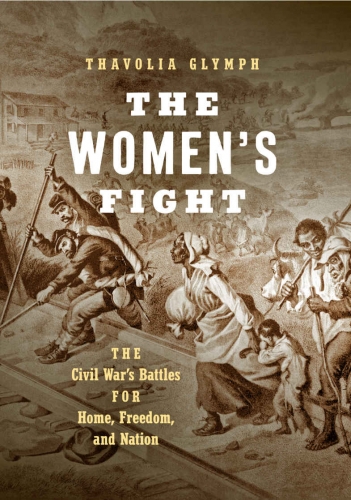
THE WOMEN’S FIGHT: THE CIVIL WAR’S BATTLE FOR HOME, FREEDOM, AND NATION
(University of North Carolina Press, 2020)
By Thavolia Glymph
As Thavolia Glymph states in The Women’s Fight: The Civil War’s Battle for Home, Freedom, and Nation, the war was never a male-only conflict, as many studies argue. Women of all races, classes, and every allegiance experienced its realities, in differing but substantive ways. The front lines, Glymph writes, reverberated to the homefront. The Civil War compelled women to modify gender and racial ideologies in order to support and defend either the Union or the Confederacy. Her work shows that African-American women found numerous opportunities to involve themselves in the conflict. For instance, when Robert E. Lee discussed his military tactics with a friend in Gloucester County, Virginia, an enslaved woman relayed the information to the Union army. These, and other, actions compelled Glymph to reclaim African-American women from the margins of scholarly studies.
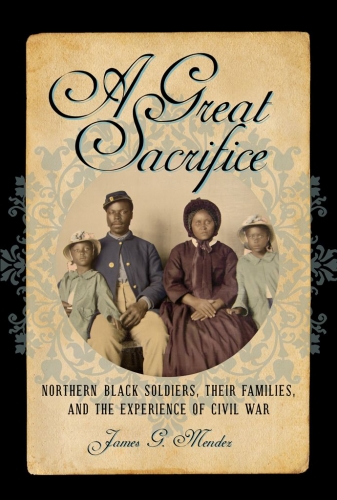
A GREAT SACRIFICE: NORTHERN BLACK SOLDIERS, THEIR FAMILIES, AND THE EXPERIENCE OF CIVIL WAR
(Fordham University Press, 2019)
By James G. Mendez
Civil War scholarship frequently overlooks the lives of northern-born USCT soldiers, and there is even less attention paid to their kin. In A Great Sacrifice: Northern Black Soldiers, Their Families, and the Experience of Civil War by James G. Mendez, those soldiers’ families are the central focus. He writes that freeborn African-American families can no longer be just background figures. Instead, they were crucial in writing letters that updated soldiers on how their families scraped money together to survive in their absence. When USCT soldiers were disabled, physically or mentally, or died, it created immediate financial and emotional problems for families already struggling to survive racial discrimination. Even in freedom, African-American life was precarious. And the Civil War made many of their living situations worse.
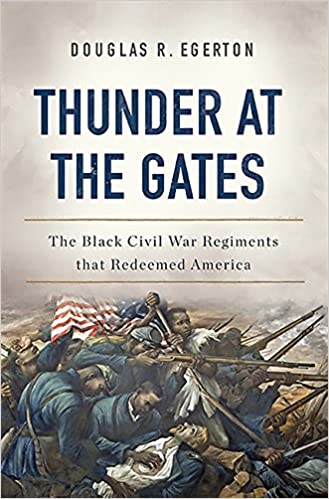
THUNDER AT THE GATES: THE BLACK CIVIL WAR REGIMENTS THAT REDEEMED AMERICA
(Basic Books, 2016)
By Douglas Egerton
Douglas Egerton’s masterful Thunder at the Gates: The Black Civil War Regiments That Redeemed America shows there was more to Massachusetts’ African-American regiments than depicted in the movie Glory. The effects of the war and its aftermath are connected to the families Egerton examines. The historical subjects he investigates not only had influential military careers, but also some went on to impressive postwar jobs. While their lives may not represent the majority of northern African Americans, they illustrate the diverse paths these soldiers took in a society where racial oppression continued long after the Civil War ended. Ultimately, Egerton provides an engaging study and ideal introduction for people looking to learn more about northern African Americans during the conflict, and that may lead them to further reading on other studies.
HOLLY A. PINHEIRO JR. RECEIVED HIS DOCTORAL DEGREE FROM THE UNIVERSITY OF IOWA AND IS AN ASSISTANT PROFESSOR OF HISTORY AT AUGUSTA UNIVERSITY. HIS MONOGRAPH THE FAMILIES’ CIVIL WAR IS UNDER CONTRACT WITH THE UNIVERSITY OF GEORGIA PRESS.
This article appeared in the Fall 2020 issue (Vol. 10, No. 3) of The Civil War Monitor.

